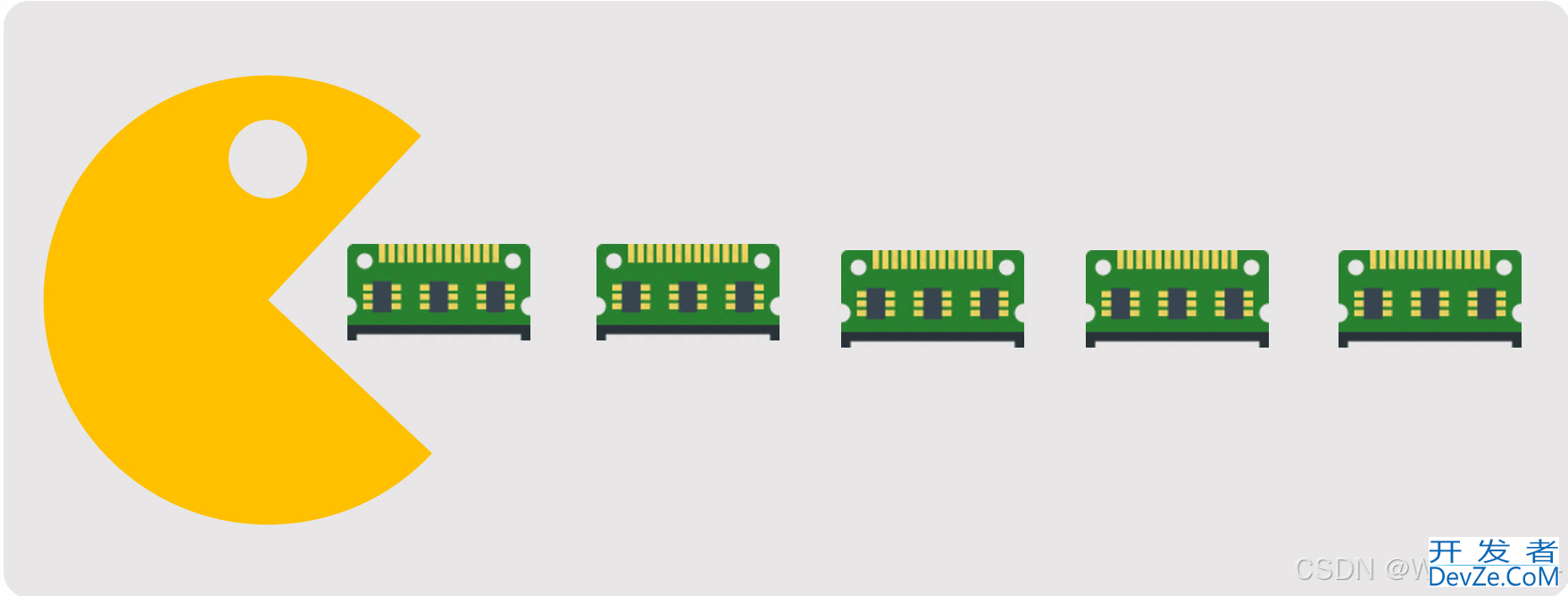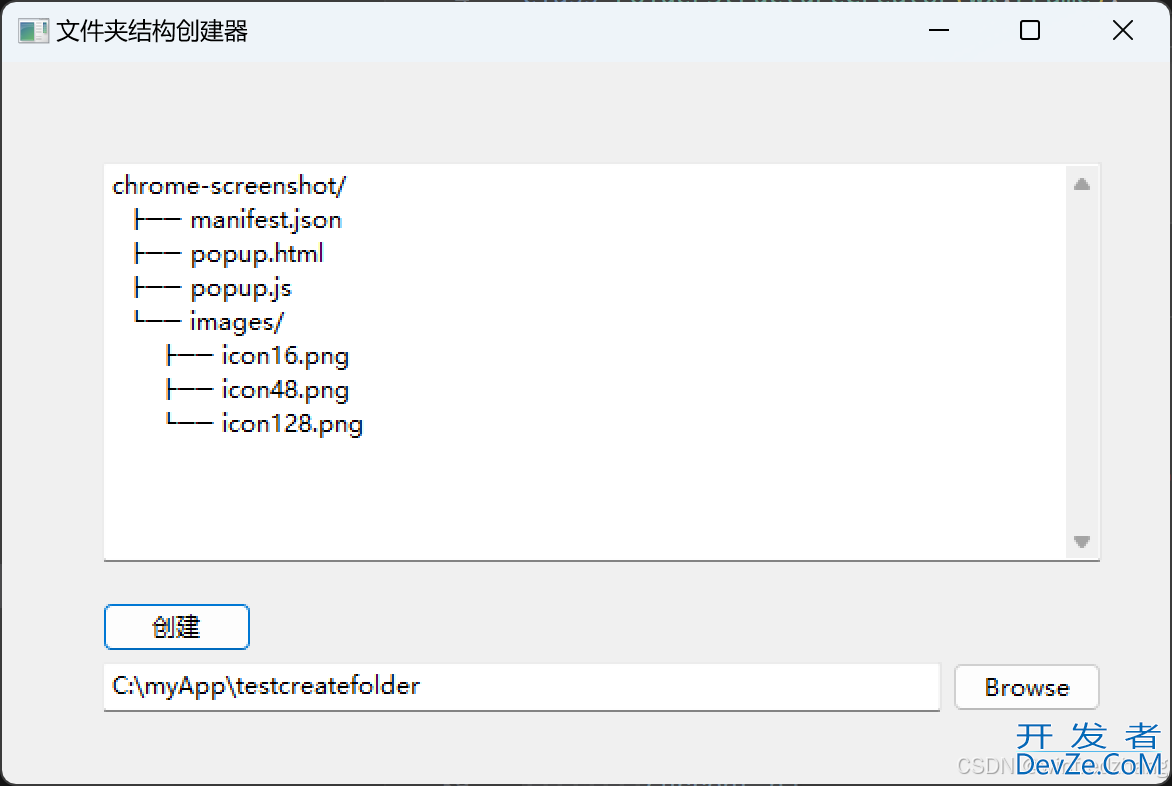目录
- 日期类计算器的模拟实现::
- 1.获取某年某月的天数
- 2.构造函数
- 3.拷贝构造函数
- 4.赋值运算符重载
- 5.析构函数
- 6.日期+=天数
- 7.日期+天数
- 8.日期-天数
- 9.日期-=天数
- 10.前置++的运算符重载
- 11.后置++的运算符重载
- 12.前置--的运算符重载
- 13.后置--的运算符重载
- 14.>的运算符重载
- 15.<的运算符重载
- 16.==的运算符重载
- 17.>=的运算符重载
- 18.<=的运算符重载
- 19.!=的运算符重载
- 20.<<的运算符重载
- 21.>>的运算符重载
- 22.日期-日期
- 总结
日期类计算器的模拟实现::
1.获取某年某月的天数
int GetMonthDay(int year, int month)
{
static int monthDayArray[13] = { 0,31,28,31,30,31,30,31,31,30,31,30,31 };
if ((month == 2) && ((year % 4 == 0 && year % 100 != 0) || (year % 400 == 0)))
{
return 29;
}
else
{
return monthDayArray[month];
}
}
2.构造函数
Date(int year = 1, int month = 1, int day = 1)
{
_year = year;
_month = month;
_day = day;
//检查日期是否合法
if (!((year >= 1)
&& (month >= 1 && month <= 12)
&& (day >= 1 && day <= GetMonthDay(year, month))))
{
cout << "非法日期" << endl;
}
}
3.拷贝构造函数
// 拷贝构造函数 形参加const 防止写反了 问题就可以检查出来了
Date(const Date& d)
{
_year = d._year;
_month = d._month;
_day = d._day;
}
4.赋值运算符重载
//d1 = d2
//注:1.要注意两个参数的顺序 2.这里面参数不加引用不会导致无穷递归 但为了避免拷贝构造最好加引用
Date& operator=(const Date& d)
{
//为了支持链式赋值 if是为了避免自己给自己赋值 d1 = d1
if (this != &d)
{
_year = d._year;
_month = d._month;
_day = d._day;
}
return *this;
}
5.析构函数
~Date()//可不写
{
;
}
日期类因为没有申请资源,所以无需写析构函数,编译器默认生成的析构函数就可以。
6.日期+=天数
//d1 += 100
//天满了进月 月满了进年
Date& operator+=(int day)
{
//避免 d1 += -1000的情形
if (day < 0)
{
return *this -= -day;
}
_day += day;
while (_day > GetMonthDay(_year, _month))
{
_day -= GetMonthDay(_year, _month);
_month++;
if (_month == 13)
{
++_year;
_month = 1;
}
}
return *this;
}
7.日期+天数
//d1 + 100
Date operator+(int day) const
{
Date ret(*this);
ret += day;//ret.operator+=(day)
return ret;
}
8.日期-天数
//d1 - 100
Date operator-(int day) const
{
Date ret(*this);
ret -= day;
return ret;
}
9.日期-=天数
//d1 -= 100
Date& operator-=(int day)
{
//避免 d1 -= -1000
if (day < 0)
{
return *this += -day;
}
_day -= day;
while (_day <= 0)
{
--_month;
if (_month == 0)
{
--_year;
_month = 12;
}
_day += GetMonthDay(_year, _month);
}
return *this;
}
10.前置++的运算符重载
//前置++
Date& operator++()
{
//会调用 operator+=(int day)
*this += 1;
return *this;
}
11.后置++的运算符重载
//后置++ —多一个int参数主要是为了和前置++进行区分 构成函数重载
Date operator++(int)
{
Date tmp(*this);
*this += 1;
return tmp;
}
12.前置--的运算符重载
//前置--
Date& operator--()
{
//复用运算符重载-=
*this -= 1;
return *this;
}
13.后置--的运算符重载
//后置--
Date operator--(int)
{
Date tmp = *this;
*this -= 1;
return tmp;
}
14.>的运算符重载
//d1 > d2
bool operator>(const Date& d) const
{
if (_year > d._year)
{
return true;
}
else if (_year == d._year && _month > d._month)
{
return t开发者_Python入门rue;
}
else if (_year == d._year && _month == d._month && _day > d._day)
{
return true;
}
return false;
}
15.<的运算符重载
//d1 < d2
bool operator<(const Date& d) const
{
return !(*this >= d);
}
16.==的运算符重载
//d1 == d2
bool operator==(const Date& d) const
{ return _year == d._year
&& _month == d._month
&& _day == d._day;
}
17.>=的运算符重载
//d1 >= d2
bool operator>=(const Date& d) const
{
return *this > d || *this == d;
}
18.<=的运算符重载
//d1 <= d2
bool operator<=(const Date& d) const
{
return !(*this > d);
}
19.!=的运算符重载
//d1 != d2
bool operator!=(const Date& d) const
{
return !(*this == d);
}
20.<<的运算符重载
//内联函数和静态成员一样 调用处展开 不进符号表
inline ostream& operator<<(ostream& out, const Date& d)
{
out << d._year << "年" << d._month << "月" << d._day << "日" << endl;
return out;
}
21.>>的运算符重载
//cin >> d1 编译器转化成operator(cin,d1) 形参中相比<< 去掉了const
inline istream& operator>>(istream& in, Date& d)
{
in >> d._year >> d._month >> d._day;
return in;
}
22.日期-日期
//日期-日期
int operator-(const Date& d) const
{
Date max = *this;
Date min = d;
int flag = 1;
if (*this < d)
//总结:凡是内部不改变成员变量 也就是不改变*this数据的 这些成员函数都应该加const
//if (d > *this)
{
max = d;
min = *this;
flag = -1;
}
int n = 0;
while (min != max)
{
++n;
//复用++ ++到和d1日期相等 就是相差多少天
++min;
}
return n * flag;
}
Date.h
#pragma once
#include <IOStream>
using namespace std;
class Date
{
//友元声明(类的任意位置)声明友元时可以不用加inline
friend ostream& operator<<(ostream& out, const Date& d);
friend istream& operator>>(istream& in, Date& d);
public:
int GetMonthDay(int year, int month)
{
static int monthDayArray[13] = { 0,31,28,31,30,31,30,31,31,30,31,30,31 };
if ((month == 2) && ((year % 4 == 0 && year % 100 != 0) || (year % 400 == 0)))
{
return 29;
}
else
{
return monthDayArray[month];
}
}
Date(int year = 1, int month = 1, int day = 1)
{
_year = year;
_month = month;
_day = day;
//检查日期是否合法
if (!((year >= 1)
&& (month >= 1 && month <= 12)
&& (day >= 1 && day <= GetMonthDay(year, month))))
{
cout << "非法日期" << endl;
}
}
// 拷贝构造函数 形参加const 防止写反了 问题就可以检查出来了
Date(const Date& d)
{
_year = d._year;
_month = d._month;
_day = d._day;
}
//d1 == d2
bool operator==(const Date& d) const;
//d1 > d2
bool operator>(const Date& d) const;
//d1 >= d2
bool operator>=(const Date& d) const;
//d1 <= d2
bool operator<=(const Date& d) const;
//d1 < d2
bool operator<(const Date& d) const;
//d1 != d2
bool operator!=(const Date& d) const;
//d1 += 100
Date& operator+=(int day);
//d1 + 100
Date operator+(int day) const;
//d1 = d2 注:1.要注意两个参数的顺序 2.这里面参数不加引用不会导致无穷递归 但为了避免拷贝构造最好加引用
Date& operator=(const Date& d)
{
//为了支持链式赋值 if是为了避免自己给自己赋值 d1 = d1
if (this != &d)
{
_year = d._year;
_month = d._month;
_day = d._day;
}
return *this;
}
//d1 -= 100
Date&编程客栈 operator-=(int day);
//d1 - 100
Date operator-(int day) const;
//++的操作数只有一个 不传参
//前置++
Date& operator++();
//编译器为了区分前置++和后置++ 规定在后置的函数上加了一个参数
//后置++
Date operator++(int)编程;
//允许成员函数加const 此时this指针的类型为:const Date* const this
void Print() const
{
cout << _year << "/" << _month << "/" << _day << endl;
}
//前置--
Date& operator--();
//后置--
Date operator--(int);
//日期-日期
int operator-(const Date& d) const;
//流插入
//d1 << cout编译器会转化成d1.operator<<(cout) this指针抢了左操作数d1的位置
//<<和>>的重载一般不写成成员函数 因为this默认抢了第一个参数的位置 Date类对象就是左操作数 不符合使用习惯和可读性
/*void operator<<(ostream& out)
{
out << _year << "年" << _month << "月" << _day << "日" << endl;
}*/
//取地址重载
Date* operator&()
{
return this;
}
//const成员取地址重载
const Date* operator&() const
{
return this;
}
//取地址重载和const成员取地址重载不实现 编译器会默认生成
private:
int _year;
int _month;
int _day;
};
//结论:对于自定义类型,尽量用前置,减少拷贝,提高效率
//全局函数调用:cout << d1转化成operator<<(cout,d1)
//全局函数的定义和全局变量不能放在.h文件中 因为函数的定义在Date.cpp和test.cpp都会展开 函数地址进入符号表 链接器链接两个.cpp文件时相同的函数地址会报错
//解决方法:1.改成静态 2.声明和定义分离
//static修饰函数只在当前文件可见 不会进入符号表
//static void operator<<(ostream& out,const Date& d)
//{
// out << d._year << "年" << d._month << "月" << d._day << "日" << endl;
//}
//ostream& operator<<(ostream& out, const Date& d);
//内联函数和静态成员一样 调用处展开 不进符号表
inline ostream& operator<<(ostream& out, const Date& d)
{
out << d._year << "年" << d._month << "月" << d._day << "日" << endl;
return out;
}
//cin >> d1 编译器转化成operator(cin,d1) 形参中相比<< 去掉了const
inline istream& operator>>(istream& in, Date& d)
{
in >> d._year >> d._month >> d._day;
return in;
}
Date.cpp
#include"Date.h"
//d1 == d2
bool Date::operator==(const Date& d) const
{ return 编程_year == d._year
&& _month == d._month
&& _day == d._day;
}
//d1 > d2
bool Date::operator>(const Date& d) const
{
if (_year > d._year)
{
return true;
}
else if (_year == d._year && _month > d._month)
{
return true;
}
else if (_year == d._year && _month == d._month && _day > d._day)
{
return true;
}
return false;
}
//d1 >= d2
bool Date::operator>=(const Date& d) const
{
return *this > d || *this == d;
}
//d1 <= d2
bool Datwww.devze.come::operator<=(const Date& d) const
{
return !(*this > d);
}
//d1 < d2
bool Date::operator<(const Date& d) const
{
return !(*this >= d);
}
//d1 != d2
bool Date::operator!=(const Date编程& d) const
{
return !(*this == d);
}
//d1 += 100
//天满了进月 月满了进年
Date& Date::operator+=(int day)
{
//避免 d1 += -1000的情形
if (day < 0)
{
return *this -= -day;
}
_day += day;
while (_day > GetMonthDay(_year, _month))
{
_day -= GetMonthDay(_year, _month);
_month++;
if (_month == 13)
{
++_year;
_month = 1;
}
}
return *this;
}
//d1 + 100
Date Date::operator+(int day) const
{
Date ret(*this);
ret += day;//ret.operator+=(day)
return ret;
}
//d1 -= 100
Date& Date::operator-=(int day)
{
//避免 d1 -= -1000
if (day < 0)
{
return *this += -day;
}
_day -= day;
while (_day <= 0)
{
--_month;
if (_month == 0)
{
--_year;
_month = 12;
}
_day += GetMonthDay(_year, _month);
}
return *this;
}
//d1 - 100
Date Date::operator-(int day) const
{
Date ret(*this);
ret -= day;
return ret;
}
//前置++
Date& Date::operator++()
{
//会调用 operator+=(int day)
*this += 1;
return *this;
}
//后置++ —多一个int参数主要是为了和前置++进行区分 构成函数重载
Date Date::operator++(int)
{
Date tmp(*this);
*this += 1;
return tmp;
}
//前置--
Date& Date::operator--()
{
//复用运算符重载-=
*this -= 1;
return *this;
}
//后置--
Date Date::operator--(int)
{
Date tmp = *this;
*this -= 1;
return tmp;
}
//日期-日期
int Date::operator-(const Date& d) const
{
Date max = *this;
Date min = d;
int flag = 1;
if (*this < d)
//总结:凡是内部不改变成员变量 也就是不改变*this数据的 这些成员函数都应该加const
//if (d > *this)
{
max = d;
min = *this;
flag = -1;
}
int n = 0;
while (min != max)
{
++n;
//复用++ ++到和d1日期相等 就是相差多少天
++min;
}
return n * flag;
}
//为了支持链式流插入 cout<< d1 <<d2 返回cout类对象
//ostream& operator<<(ostream& out,const Date& d)
//{
// out << d._year << "年" << d._month << "月" << d._day << "日" << endl;
// return out;
//}
总结
到此这篇关于C++日期类计算器的模拟实现的文章就介绍到这了,更多相关C++日期类计算器模拟实现内容请搜索我们以前的文章或继续浏览下面的相关文章希望大家以后多多支持我们!









 加载中,请稍侯......
加载中,请稍侯......
精彩评论